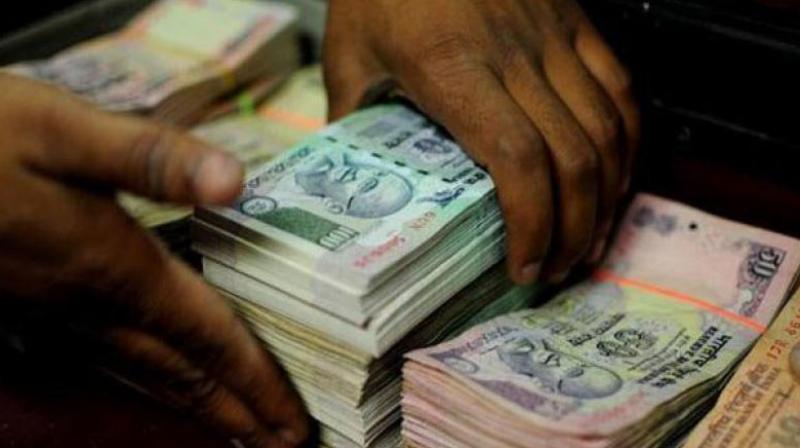Wages of savings' sin leaves state finance ill

THIRUVANANTHAPURAM: While managing a household, it is prudent to encourage savings. But while running a state, the inclination to save could be criminal. Serious under-utilization of budget allocation has become the bane of financial management in the state. The unspent amount under various heads during 2015-16, for which the latest figures are available, is a whopping Rs 24,513.62 crore. In accounting jargon this accumulated amount is called “savings”, but the nomenclature does not make it less of a sin.
Budget preparation demands foresight in anticipating revenue and expenditure. “The aim should be to achieve as close an approximation to the actuals as possible. An avoidable extra provision in an estimate is as much a budgetary irregularity as an excess in the sanctioned expenditure. By the same coin, a saving in an estimate constitutes as much of a financial irregularity as an excess estimate,” a top Finance Department source said. Overall “savings” increased from 19.5 percent during 2014-15 to 20.6 per cent in 2015-16, a growth that reflected inefficiency. Grants for various growth-inducing sectors like transport, irrigation and housing has been left totally unspent during the fiscal.
The “savings” exceeded Rs 100 crore and also more than 25 per cent of the total budget provision in at least 14 heads during the fiscal. The “savings” were especially high under 'rural development' (Rs 740 crore), 'urban development' (Rs 645 crore), 'family welfare' (Rs 143 crore), and 'relief on account of natural calamities' (Rs 116 crore). “An in-depth analysis revealed that overall savings were due to persistent savings under a few schemes and activities,” the official said. Take the Rs 4-crore project to set up a model paraplegic centre announced in the 2013-14 budget. Not a single paise has been spent for the project.
Though several local bodies came with the proposal for site, the Social Justice Department did not accept any. Still, a certain amount was set apart in all successive budgets. More intriguingly, funds were secured for some heads through supplementary demands for grants (SDGs) when even the original allocation was not fully spent. Take for instance urban development for which the budget allocation was'884 crore. Even though only Rs 287 crore was spent, the Department secured '50 crore through supplementary demands for grants.

